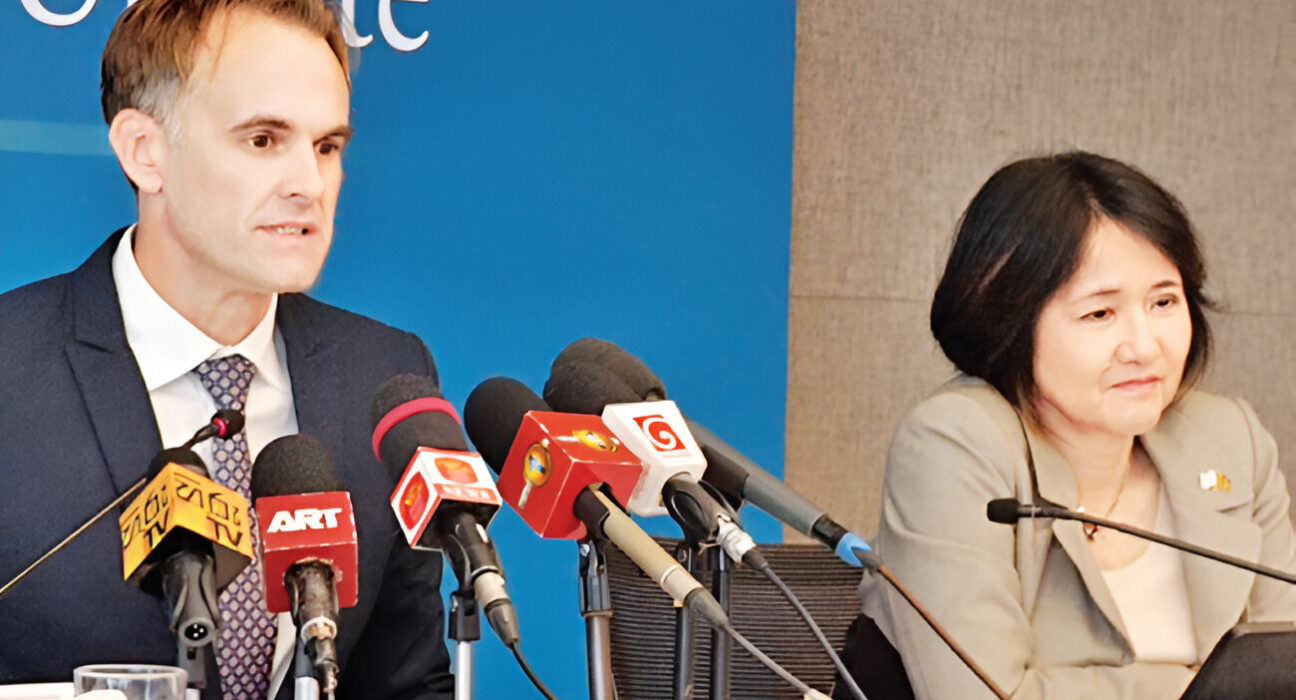The World Bank is advocating for Sri Lanka to press on with its reforms of state-owned enterprises (SOEs), arguing that even profitable ones can benefit from privatization. Richard Miller, a Senior Economist at the World Bank, recently spoke in Colombo and emphasized that privatization can unlock significant advantages.
A common argument against selling profitable SOEs, like Sri Lanka Telecom and Mobitel, is that they generate revenue for the government. However, Miller contends this perspective is flawed. He believes new investors would inject fresh capital, leading to a substantial increase in profits. Additionally, privatization would reportedly compel these companies to upgrade their telecommunication infrastructure and introduce the latest technologies to Sri Lanka. Similar benefits are anticipated from privatizing Sri Lanka Insurance.
The argument for reform is strengthened by the considerable financial burden SOEs place on the country. A report indicates that the combined losses of just 52 key SOEs in 2022 amounted to a staggering Rs. 744.6 billion. This translates to a cost of Rs. 1.7 million per taxpayer, Rs. 33,949 per citizen, and Rs. 141,809 per household. Even with a significant rise in tax revenue, projections for 2024 suggest it won’t be enough to cover these immense losses.
Miller suggests that selling SOEs would generate revenue for the government, which could then be reinvested in critical infrastructure projects for healthcare, housing, and transportation. He also argues that private companies taking over loss-making SOEs would likely restructure and invest, ultimately turning them profitable. This would free the government from the substantial financial outlays currently required to cover salaries and other expenses of struggling SOEs.
